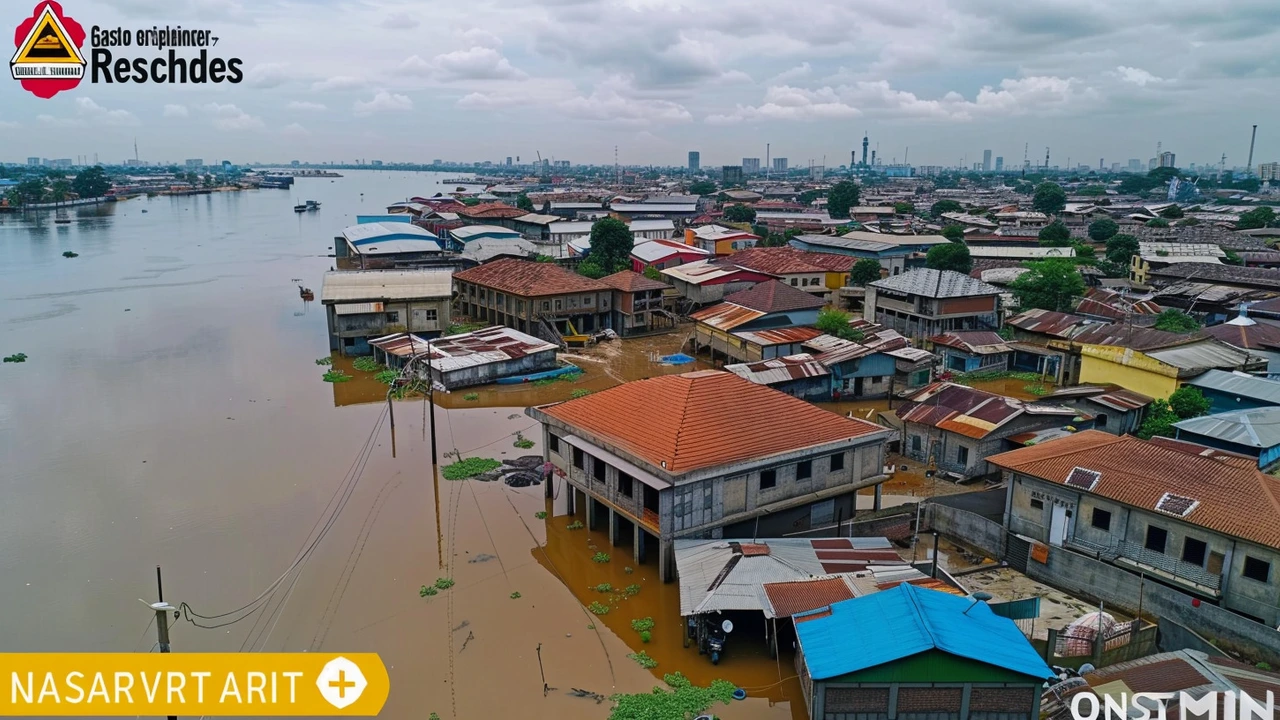Sustainable development in Africa: practical steps and real progress
Sustainable development sounds big, but it breaks down into simple choices that change lives. It’s about clean energy that cuts power bills, farms that grow more food with less water, and towns that plan so kids breathe cleaner air. On this page you'll find clear ideas for projects, funding paths, and everyday actions that actually work in African communities.
Where to start: three high-impact areas
First, energy. Solar mini-grids and pay-as-you-go systems are scaling fast across rural and peri-urban areas. They reduce reliance on diesel generators, power small businesses, and keep schools and clinics running after sunset. For local councils and NGOs, practical steps include mapping energy demand, partnering with trusted solar providers, and piloting one microgrid near priority services.
Second, water and farming. Simple fixes — drip irrigation, soil cover, and drought-tolerant seeds — raise yields and cut water use. Farmer training that mixes local knowledge with climate-smart techniques delivers results fast. Support can come through small grants, microloans, or input-for-training programs that link seed suppliers, extension agents, and buyer cooperatives.
Third, cities and transport. Compact planning, safe walking and cycling lanes, and better bus networks reduce congestion and pollution. Even low-cost actions — fixing sidewalks, creating shaded routes, and scheduling buses to match shift patterns — make daily life easier and reduce emissions. City governments can start with quick wins while planning longer-term transit investments.
How projects get funded and scaled
Funding mixes are common: blended finance combines public grants, private loans, and donor funds to derisk new ideas. Local governments can use small municipal bonds to fund green infrastructure, while social enterprises tap impact investors for return-driven projects like waste-to-energy plants. For community projects, crowd funding, local cooperatives, and microfinance remain powerful tools — they keep control local and payments affordable.
Monitoring matters. Set simple, measurable targets from day one: kilowatt-hours generated, litres of water saved, tonnes of food produced per hectare, or reduced travel time for commuters. Use basic mobile reporting tools so farmers, technicians, and city staff can upload progress without heavy paperwork.
Want to act today? Switch a municipal streetlight to LED, pilot a school solar kit, or support a farmer group to trial drought-resistant seed. Small pilots prove concept, attract funding, and create local jobs. If you work in policy or planning, require climate risk assessments for new public projects and build maintenance budgets into every contract.
Sustainable development here means practical wins: cleaner air, steadier power, more food on the table, and jobs that last. Start small, measure clearly, and scale what works. If you want examples or potential partners in your region, we can point you to programs, funders, and case studies that match your needs.
Lagos Resilience Forum 2024: Bringing Stakeholders Together for Urban Solutions
The Lagos State Government has scheduled the Lagos Resilience Forum for July 2nd, 2024. The forum will gather stakeholders to discuss solutions to the state's urban challenges, featuring keynote speakers, panel discussions, and exhibitions. The initiative aims to foster resilience and support sustainable development in Lagos.
